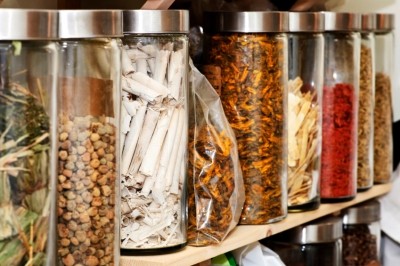Pro.activ spread contains high PAH level, claims consumer group
margarine products, following a Swedish report suggesting that a
sample of Becel pro.activ contained twice the legal level of the
carcinogenic compounds.
Finland's National Food Agency is to test the PAH levels in margarine products, following a Swedish report suggesting that Becel pro.activ contained twice the legal level of the carcinogenic compounds.
The report, published by the Swedish Consumer Agency SkiS on Monday, was based on an analysis of a batch of the cholesterol-lowering Becel pro.activ margarine, manufactured by Unilever Bestfoods, apparently carried out in Norway. The consumer group says it has sent a letter to the Swedish Food Administration with a request to take action.
While the batch in question had not been on sale in Finland, its National Food Agency says it has commissioned the chemical laboratory of MTT, Agrifood Research Finland, to study foreign and Finnish margarines.
Sweden's food agency was not available for comment but press reports said that it was not issuing advice until further studies were done.
Unilever Bestfoods says it has taken the allegation seriously. Becel pro.activ, enriched with plant sterols to help reduce cholesterol, was the first spread to be cleared under EU Novel Foods regulation. It is marketed as Flora pro.activ in the UK and Take Control in the US.
Unilever says it immediately asked an independent expert laboratory to analyse reference samples of Becel pro.activ from the same production batch as analysed in Norway. "The results from this analysis show that theproducts fully comply with the industry's standards (FEDIOL) as well asthe limits set by the Swedish Food Administration. We cannot explain the findings of the Norwegian laboratory and we willfollow up on this point," said a spokesperson for Unilever Bestfoods.
The firm added that it is co-operating closely with the Swedish and Finnish food authorities on the issue. Finland's food authority confirmed that it has received from Unilever 'the results of an analysis that the company itself had commissioned. The analyses, which are part of the company's own control, did not show anything exceptional'.
Unilever Bestfoods stresses that it complies with an internationally recognised risk management system. "In the manufacturing of oils, fats and spreads, the prevention of contamination by PAH's is a point of special attention. Our routine checks have not shown any deviation from our standards," said a statement.
Polycyclic aromatic hydrocarbons (PAH compounds) are formed in food preparation in roasting or toasting, smoking, grilling over an open fire or in drying in industrial processes. The compounds are carcinogenic, but they cannot be avoided completely. European food agencies have been testing PAHs in foods over recent years, with the aim of reducing levels in food products.
However the focus has recently moved to health products. In February the Dutch Food and Product Safety Authority issued a Rapid Alert for Food and Feed advising other EU members of the limits it has imposed on benzo(a)pyrene, one of three PAHs believed to be a potent carcinogen, in natural vitamin E for use both in food supplements and food. The Authority also cited certain forms of natural-source vitamin E as potentially containing high contamination levels of PAHs.
Last year supplies of evening primrose oil were withdrawn from sale in Ireland after they were found to contain unacceptably high levels of benzo(a)pyrene. The EU is currently preparing legislation on PAH compounds in food products, but supplement suppliers may well be advised to test their own samples in preparation for increased scrutiny on health foods.





